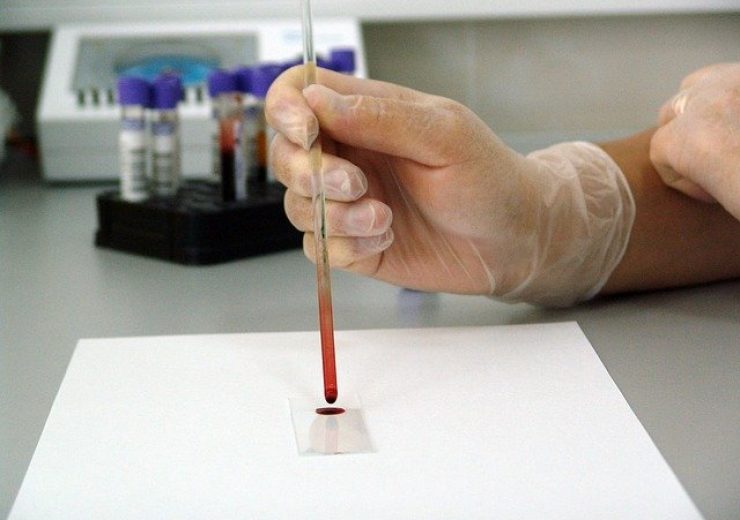Elecsys Anti-p53 is a high precision immunoassay that leverages well-established electrochemiluminescence immunoassay (ECLIA) technology

Roche rolls out Elecsys Anti-p53 immunoassay. (Credit: PublicDomainPictures from Pixabay.)
Swiss healthcare company Roche has introduced the Elecsys Anti-p53 immunoassay, which is intended for the in-vitro quantitative determination of anti-p53 antibodies.
Anti-p53 antibodies are the antibodies that mistakenly target a patient’s own tissues, resulting in the growth of solid tumours.
Elecsys Anti-p53 is a high precision immunoassay that leverages well-established electrochemiluminescence immunoassay (ECLIA) technology.
The immunoassay is designed to run on the company’s cobas e immunoassay analysers and offer low turn-around time for testing.
It detects Anti-p53 antibodies in serum and plasma, to help diagnose throat cancer, bowel cancer and breast cancer in patients, along with other diagnostic tests.
The company said that its Elecsys Anti-p53 immunoassay assay is being commercialised in all the markets accepting CE Mark.
Roche Diagnostics CEO Thomas Schinecker said: “The addition of our Elecsys Anti-p53 immunoassay will help clinicians to quickly and reliably diagnose several prevalent cancers and might assist in leading to a better prognosis for many patients.
“Beyond breakthrough cancer medicines, Roche also offers a growing number of testing solutions to help physicians diagnose and treat people with cancer.”
In an active stage, p53 protein regulates processes that prevent tumours from developing.
Certain mutations of p53 may result in the formation of anti-p53 autoantibodies, which wrongly target the person’s own tissues.
When used with other diagnostic tests, Elecsys Anti-p53 immunoassay detects the anti-p53 antibodies to help diagnose certain cancers at an earlier stage.
By determining the presence of anti-p53 antibodies, the test may aid the monitoring of cancerous cells that are remained in the body after treatment.
Furthermore, the Elecsys Anti-p53 test is capable of determining which patients may require less invasive treatment procedures, as part of their cancer treatment.
Last month, Roche signed an agreement to acquire GenMark Diagnostics, a provider of multiplex molecular diagnostic solutions, in an all-cash transaction valued at $1.8bn.
